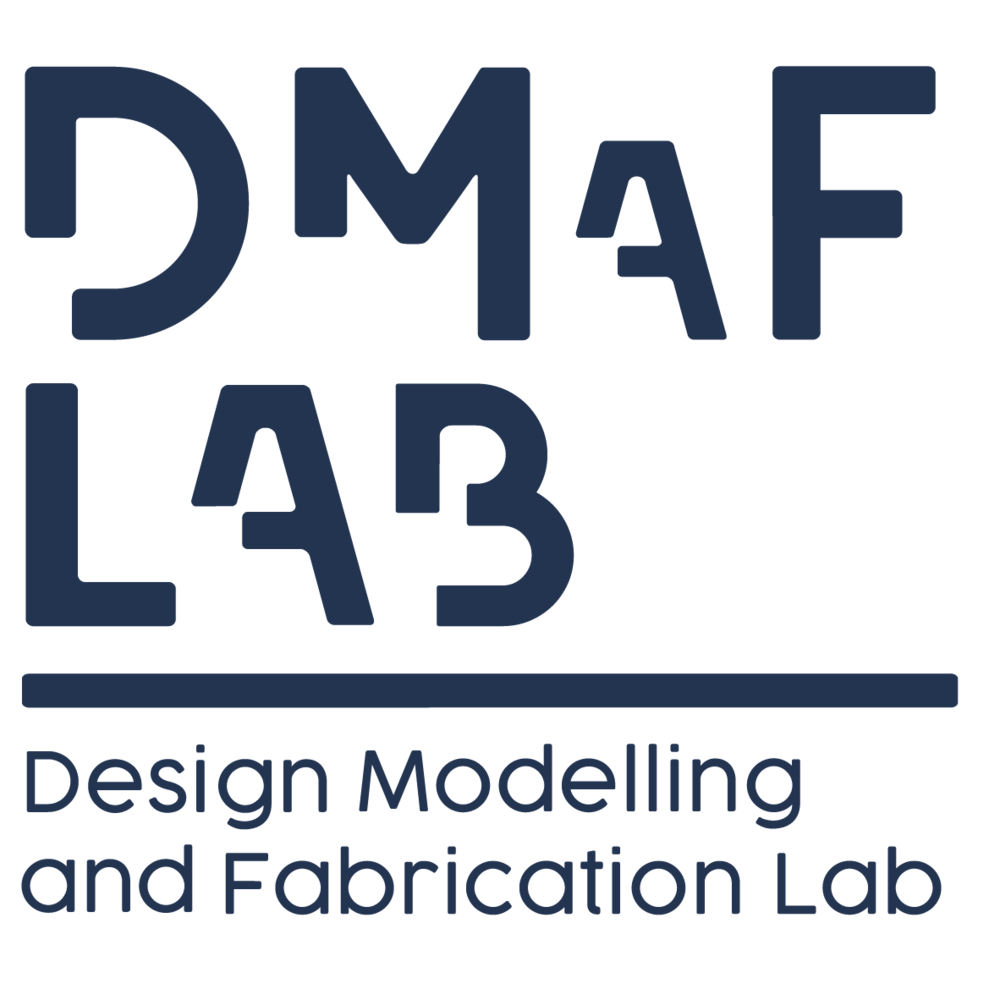
Material & Casting Lab
A space designed for casting, moulding, image making and material exploration using liquid formed and additive technologies.
The workshop supports material research and prototyping, connecting the digital & analogue processes of our other labs.
Accessing the Material & Casting Lab.
Plan ahead and come prepared for your session with your DMaF Competency Card, USyd Student Card, closed footwear, and any drawings or prototypes to help realise your project.
Our facilities.
The Material and Casting Lab is a space for casting and moulding processes and material investigation. The Lab has a comprehensive range of traditional and digital tools and machines available for use following the appropriate inductions.
Access to the Material and Casting Lab is subject to completion of the Safety Induction and Competency Unit (SICU). DMaF operates with a colour coded system of Competency Levels on all machines. Successful SICU completion allows access to the Level 1 machines. Level 2 and 3 equipment require machine specific inductions; please see technical staff to request an induction.
As well as access to our range of tools, machines and equipment, we have a broad selection of materials available to purchase including clays, plaster and casting supplies.
We encourage biodegradable material exploration and the re-use and repurpose of salvaged materials.
Please contact our knowledgeable technical staff if you want to discuss any casting, moulding or material processing techniques.
Material & casting processes.
Casting & mould-making.
The Lab is well equipped for liquid forming, additive forming and bending and pressing methods of casting and mould-making.
Materials such as plaster, clay slip, concrete and wax can be poured in their liquid states into moulds or formwork; different viscosities and material qualities affect the geometries and finishes of the resulting object. Bending and pressing processes, such as Makyu vacuum forming or glass slumping can be achieved using a combination of heat and gravity or pressure.
Clay 3D printing.
Please note, our Clay Printers are currently out of service as of Semester 2, 2023. This page will be updated once they are available. Clay 3D printing is an additive technology in which a model is built up layer by layer by selectively depositing clay material through an extruder nozzle. This method is a composite of handmade and digital processes.
The Lab houses two Delta Wasp 2040 printers, allowing for precise and detailed porcelain printing. See further information here: Clay 3D Printing.
Material processes.
The Material & Casting Lab is a space for material exploration, encouraging iterative working modes blending hand-built and digital methods. The space allows for the exploration of the aesthetic, practical, textural and sensory qualities of different materials in new contexts.
The Lab supports material investigation of biodegradable alternatives to synthetics, biological fabrication and conscious use of raw materials.
Equipment competency levels.
The Lab has an extensive range of equipment to support hand-built modelling, casting, mould-making, and digital clay forming, including extruders, slab rollers and electric kilns. The Lab also provides a space with backdrops and lights for model photography, 3D scanning and printmaking tools and equipment.
Level one.
Level 1 equipment is accessible to all users who have completed the SICU training. All L1 machines are labelled with a green Safe Operating Procedure (SOP) document.
L1 equipment includes: Photographic Backdrops & Lighting | Light Boxes | Cordless Drills | Casting & Ceramic Modelling Tools | Silk Screens
Level two.
A Machine Specific Induction is required prior to Level 2 machine use; users can then operate the machine unsupervised. All L2 machines are labelled with an orange SOP.
L2 equipment includes: Foam Wire Cutters | Soldering Irons | Slab Roller | Etching Press | Makyu Vacuum Formers | Clay Extruders | 3D Scanner | Pottery Wheels
Level three.
A Machine Specific Induction is required prior to Level 3 machine use AND staff supervision is required during machine use. All L3 machines are labelled with a red SOP.
L3 equipment includes: Clay Slip Mixer | Pug Mill | Ceramic 3D Printers
Level four.
Qualified Technical Staff only.
All Level 4 machines are labelled with a black SOP.
L4 equipment includes: Electric Kilns







